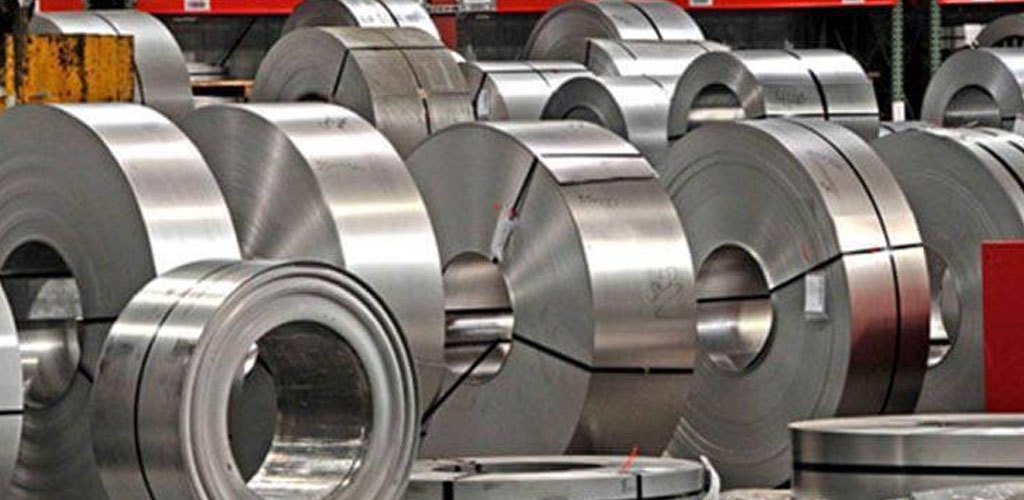Stainless steel has long been a cornerstone in various industries due to its durability, corrosion resistance, and aesthetic appeal. Among the different grades of stainless steel, 321 stainless steel stands out as a titanium-stabilized austenitic alloy, offering unique benefits that make it ideal for high-temperature applications. Stainless steel 321 coils, in particular, have become essential components in numerous sectors ranging from aerospace to chemical processing. This article delves into the properties, benefits, and applications of stainless steel 321 coils.
Understanding Stainless Steel 321
Stainless steel 321 is a variation of the 304 alloy but with the addition of titanium, which enhances its ability to resist intergranular corrosion after exposure to temperatures in the chromium carbide precipitation range (427–816°C). This addition makes 321 stainless steel highly desirable for applications requiring extended exposure to high heat.
Key Properties of Stainless Steel 321 Coils
- Corrosion Resistance: One of the standout features of 321 stainless steel is its exceptional resistance to oxidation and corrosion, especially in environments with high temperatures.
- High-Temperature Strength: The titanium content provides superior strength and durability at elevated temperatures, making it suitable for heat-exchange systems and exhaust manifolds.
- Excellent Weldability and Formability: Stainless steel 321 coils can be easily welded and formed without compromising their structural integrity.
- Non-Magnetic: In the annealed condition, 321 stainless steel is non-magnetic, making it useful in applications where magnetic interference is a concern.
Applications of Stainless Steel 321 Coils
Due to their robust properties, stainless steel 321 coils are extensively used in industries such as:
- Aerospace: Components that require heat resistance and strength, such as engine parts and exhaust ducts.
- Chemical Processing: Equipment subjected to high temperatures and corrosive environments.
- Automotive: Exhaust systems and catalytic converters.
- Power Generation: Boilers, superheater tubes, and heat exchangers.
- Food Processing: Systems that handle high-temperature operations and require clean, corrosion-resistant surfaces.
Advantages Over Other Grades
When compared to other stainless steel grades like 304 or 316, stainless steel 321 coils provide distinct advantages in high-heat environments. The inclusion of titanium prevents carbide precipitation, which can lead to intergranular corrosion, a common issue with 304 stainless steel under similar conditions.
Maintenance and Care
Although stainless steel 321 is known for its durability, regular maintenance can prolong its life span. Routine cleaning to remove surface contaminants and periodic inspections for signs of wear or corrosion can ensure the coils perform optimally for years.
Stainless steel 321 coils represent a versatile and resilient solution for high-temperature and corrosive environments. Their unique composition, superior strength, and excellent corrosion resistance make them indispensable across various industries. As technology advances, the demand for reliable and durable materials like stainless steel 321 is expected to grow, further cementing its place in modern engineering and manufacturing.





Comments